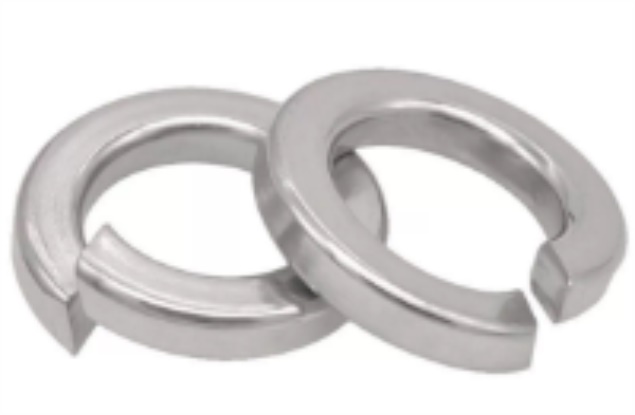screw size for 1 2 drywall manufacturer
Understanding Screw Sizes for 1/2 and 5/8 Drywall A Comprehensive Guide
When it comes to drywall installation, one of the most pivotal aspects to consider is the choice of screws. The right screws ensure a stable and durable finish while minimizing the risk of damage to the drywall. For contractors and DIY enthusiasts alike, understanding the appropriate screw sizes for 1/2 and 5/8 drywall is essential.
What Are Drywall Screws?
Drywall screws are specially designed fasteners used to attach drywall sheets to wooden or metal studs. They have a bugle-shaped head that helps to create a smooth surface without tearing the drywall paper. Typically, drywall screws are made of sturdy steel and coated to resist corrosion, ensuring long-lasting durability.
Screw Sizes for Different Drywall Thicknesses
Drywall thickness is a crucial factor when selecting the correct screw size. For standard drywall, the thickness usually falls around 1/2 inch or 5/8 inch. Here’s a breakdown of the recommended screw sizes for each
1. 1/2-inch Drywall When installing 1/2-inch drywall, the conventional screw length is 1-1/4 inches. This size provides enough penetration into the supporting structure, usually wood or metal studs, to secure the drywall firmly. Additionally, using coarse-thread screws is advisable for wood studs, as they grip better in the softer material, while fine-thread screws are ideal for metal studs.
2. 5/8-inch Drywall For 5/8-inch drywall, it is recommended to use screws that are 1-5/8 inches long. This added length ensures a secure attachment while accommodating the extra thickness of the material. Similar to the 1/2-inch drywall, coarse-thread screws should be used for attachment to wooden studs, whereas fine-thread screws suit metal frameworks.
Why Size Matters
Choosing the correct screw size is vital for several reasons
screw size for 1 2 drywall manufacturer

- Prevention of Damage Using screws that are too long can puncture through the drywall, creating unsightly bulges and potential breaks in the material
. Conversely, screws that are too short may not adequately secure the drywall, leading to sagging and premature failure.- Smooth Finish A proper screw size helps achieve a smooth finish. If screws are over-driven, it may cause the drywall paper to tear, complicating finishing processes like taping, mudding, and sanding.
- Structural Integrity The right screw size ensures a robust assembly of drywall sheets, which is particularly important in areas that may be subject to more wear and tear, such as hallways and kitchens.
Installation Tips
Here are some installation tips to keep in mind when working with drywall screws
- Spacing Ensure that screws are spaced appropriately—typically, screws should be placed every 16 to 24 inches along the studs. This spacing provides sufficient support for the drywall.
- Countersinking When installing screws, drive them slightly below the surface of the drywall (countersinking) to allow for proper mudding. A slight indentation eliminates the risk of the screw head showing through the finished surface.
- Tools Needed A drywall screw gun or a power drill with a clutch is ideal for installing drywall screws. These tools provide better control to avoid over-driving screws.
Conclusion
Selecting the proper screw size for 1/2-inch and 5/8-inch drywall is crucial for a successful installation. By using 1-1/4 inch screws for 1/2-inch drywall and 1-5/8 inch screws for 5/8-inch drywall, you can ensure a secure, smooth, and durable finish. Paying attention to screw size not only enhances the final appearance of your drywall project but also contributes to its longevity and structural integrity. As you embark on your next drywall installation, remember that the right screws can make all the difference.
-
Top Choices for Plasterboard FixingNewsDec.26,2024
-
The Versatility of Specialty WashersNewsDec.26,2024
-
Secure Your ProjectsNewsDec.26,2024
-
Essential Screws for Chipboard Flooring ProjectsNewsDec.26,2024
-
Choosing the Right Drywall ScrewsNewsDec.26,2024
-
Black Phosphate Screws for Superior PerformanceNewsDec.26,2024
-
The Versatile Choice of Nylon Flat Washers for Your NeedsNewsDec.18,2024










